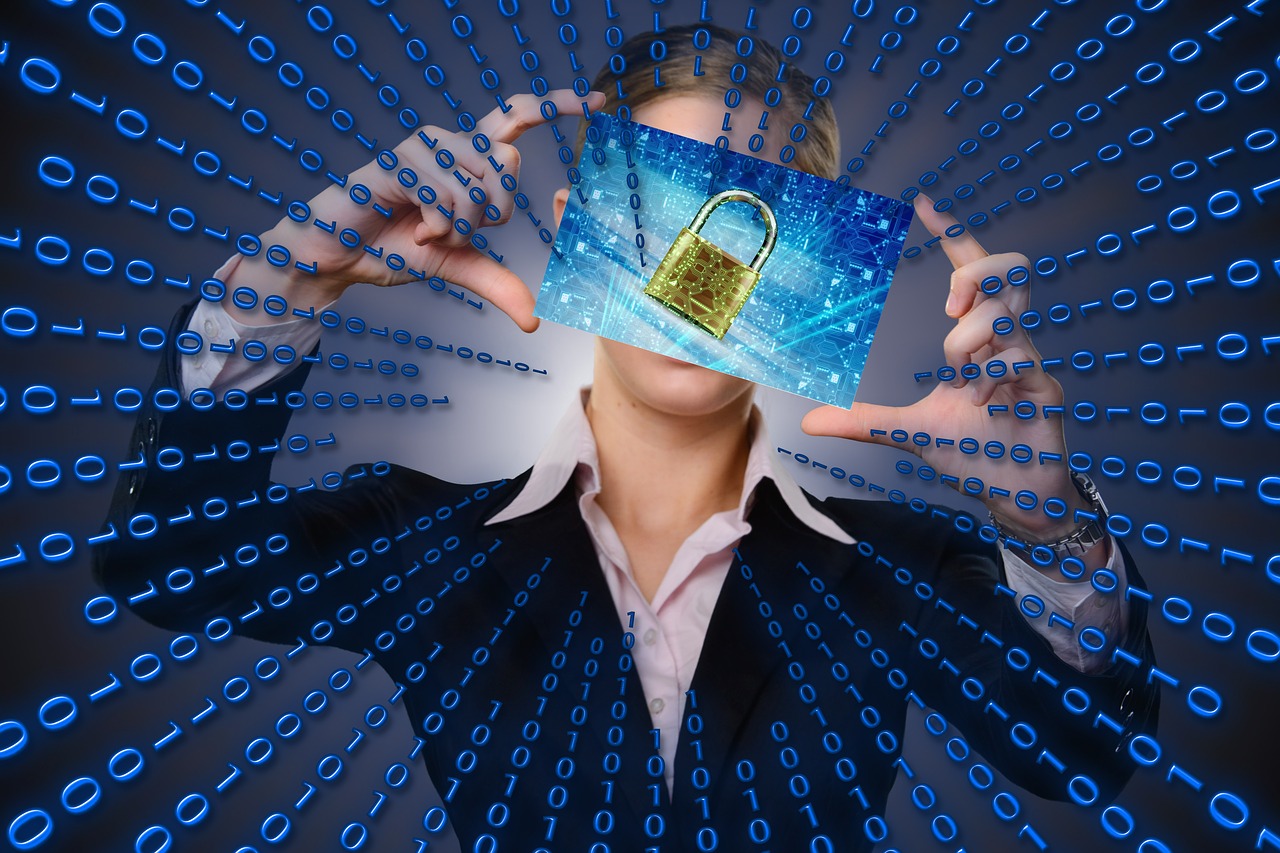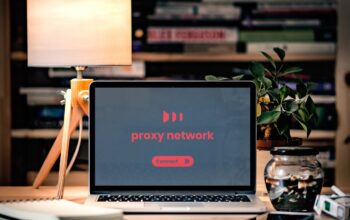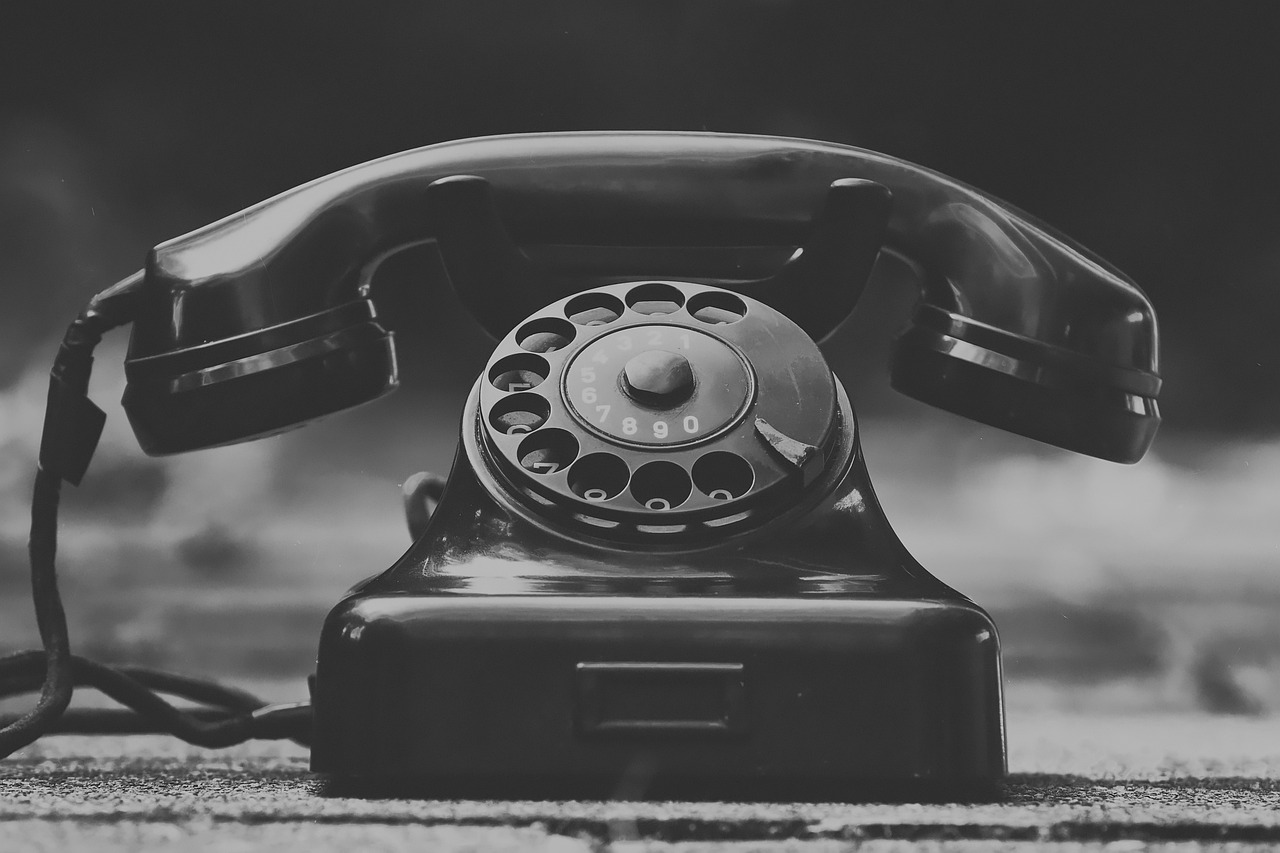The internet today is notorious for all forms of crime. Identity theft, data breaches, spamming, ransomware, cyberbullying, and mysterious siphoning of financial accounts. These crimes are just a few of the many enemies you’ll battle within the internet world. Cybercriminals will always begin by collecting as much of your personal information as possible or installing bugs on your devices. They will impersonate you by hacking your online accounts and transacting ‘on your behalf.’ As if that’s not enough, they will blackmail you into paying them to regain access to your data and profiles.
The Cybersecurity Puzzle
The big question is, can we put the internet, privacy, and security in the same basket? The answer is a resounding Yes! To clarify, you don’t need to attend any IT classes to achieve it. The bottom line is that all you need to do to stay safe on the web is secure your private information. It would help if you made access difficult for all unknown and unauthorized persons.
Read on if you’re looking for the safest way to do it.
Secure All Your Internet Access Points
The biggest internet mistake most people make is using every available internet access point. Some networks are not safe to use. A good example is a public Wi-Fi at your favorite fast food joint. When you use an unsecured access point, someone within the same network can easily collect your credentials and peek into what you’re doing online. They do this as if they’re right next to you, looking at your laptop or mobile device.
A secure network should shield you from intruders and guarantee you data privacy. Use trusted networks only when surfing the internet. Depending on the data sensitivity and the extent of threats involved, you might need to install antiviruses and anti-spyware.
Secure Your Devices
Personal computers, mobile phones, and tablets lead the pack of most frequently used devices to access the internet. You can find your saved passwords, accounts logged in on various apps, sensitive files, browser history, and downloading attachments. Such devices should always be well-secured; otherwise, anyone who utilizes them will have access to your whole life. Hence, securing these devices with unique credentials only known to you is advisable. Also, a little-known trick is using Virtual Private Networks (VPNs) to conceal your identity and avoid tracking when browsing the web.
Stay Away from Unknown or Suspicious Links
People easily fall for malicious cybercrime schemes by clicking random links on the internet. Avoid clicking random links on the internet or any link that promises anything you didn’t sign up for. Fancy links promising you easy lottery wins, random free gifts, or questionable security patches are malicious.
Such links are used to collect your data; if you fall prey to them, you surrender your critical information. Similarly, don’t act on emails from unknown sources; otherwise, you might expose your device to malicious attacks. Whitelist all legitimate email addresses you’d expect to hear from like company emails, colleague and friends addresses, and admin support. You can also use Nuwber to verify the identity of any new contacts and ascertain they are legit.
Create Foolproof Passwords
Codes and PINs are your authentication keys to almost all aspects of your life. From accessing your social media and emails to withdrawing money from the ATM. From online banking to logging into every other website you own or manage. Given their importance, all your credentials should be unique. Using the same details in all your accounts is unwise because you’ll be exposed to attacks if they are compromised.
Second, make the credentials hard to copy– always ensure they are at least eight characters long. They should include a combination of uppercase and lowercase alphabets, numeric figures, and at least one special symbol. Thirdly, don’t save your passwords on other people’s devices; remember to log out once you’re done with them. However, there are so many android apps for Wi-Fi password hacking, but you should be alert.
Use Multi-Factor Authentication
The internet is not always the safest place to communicate, despite what the growing interaction on social media sites may suggest. You also don’t want to second-guess your security when doing sensitive activities like internet banking or accessing your databases. Hence, using a second layer of authentication besides your log-in password is critical. In fact, most meticulous platforms require you to add an extra layer of security to your account.
For instance, some sites will require you to provide a phone number or another secondary device. So, once you input your password, you will be redirected to the device for authentication or verification. Another way would be to use a multi-factor authentication app. All in all, an extra layer of security never hurts anyone – it keeps you two levels away from the crooks.
Update Your Software
Your security online heavily relies on how you use your freedom on the net. It would help connect to a secure network and use legit software. An up-to-date antivirus, browser, and every other app you use for your online activity is non-negotiable. The software keeps evolving daily to meet global cybersecurity standards, performance optimization, and consumer needs.
Obsolete software is prone to failure, compromise, poor performance, and incompatibility with your devices. Outdated antiviruses cannot protect you from viruses or malicious bugs. To stay safe, always update your software and subscribe for a new license before it expires.
Don’t Give Yourself Up
The last step to striking a balance between security and the internet is to learn the basic don’ts of online interaction. Don’t share sensitive information in a chat unless you’re sure it has end-to-end encryption. Don’t share personal data on sites you don’t trust. Also, remember to safeguard confidential documents and don’t expose information to random strangers – both online and offline. Finally, be stingy with your data on social media.
Conclusion
Internet safety largely depends on how seriously you handle your data online. While hackers might be two steps ahead sometimes, you can always keep them off by ensuring they have nothing to manipulate. The fact that the internet is everywhere doesn’t mean your data should; be proactive.



